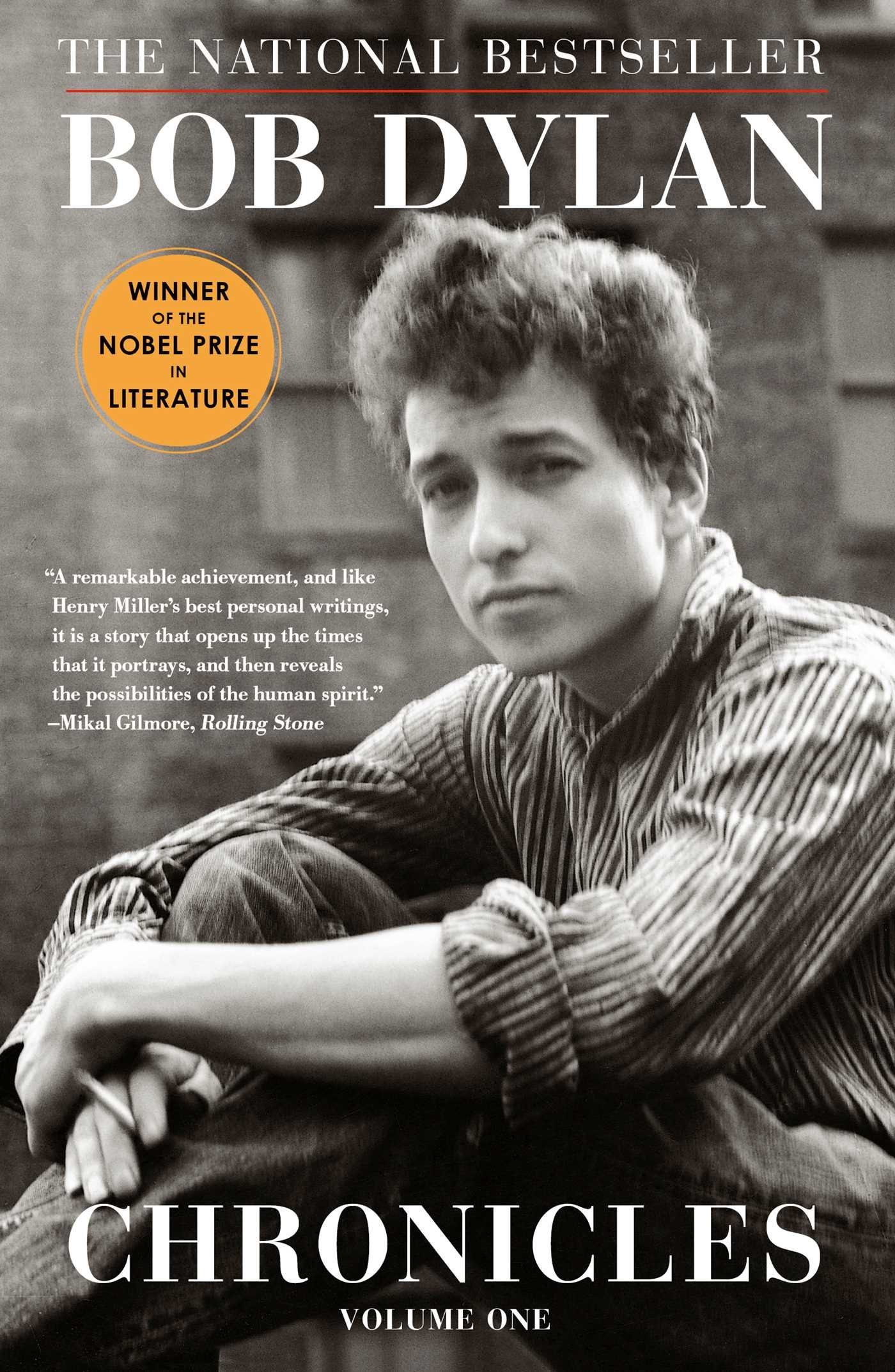The Good Life
Bob Dylan writes about life in the tumultuous late ’60s, a time of such great political and social unrest, with many considering him the face and the voice of an angst-filled generation. Having moved with his family to the small town of Woodstock, his life as a celebrity had become an unwanted burden. It’s a good dose of reality for those who hunger and thirst for power and fame. The good life is found not in the bright lights, Dylan would suggest, but instead among family and good friends, cultivating faithfulness, putting down roots.
Truth was that I wanted to get out of the rat race. Having children changed my life and segregated me from just about everybody and everything that was going on. Outside of my family, nothing held any real interest for me and I was seeing everything through different glasses. Even the horrifying news items of the day, the gunning down of the Kennedys, King, Malcolm X… I didn’t see them as leaders being shot down, but rather as fathers whose families had been left wounded. Being born and raised in America, the country of freedom and independence, I had always cherished the values and ideals of equality and liberty. I was determined to raise my children with those ideals…
As far as I knew, I didn’t belong to anybody then or now. I had a wife and children whom I loved more than anything else in the world. I was trying to provide for them, keep out of trouble, but the big bugs in the press kept promoting me as the mouthpiece, spokesman, or even conscience of a generation. That was funny. All I’d ever done was sing songs that were dead straight and expressed powerful new realities. I had very little in common with and knew even less about a generation that I was supposed to be the voice of…
People think that fame and riches translate into power, that it brings glory and honor and happiness. Maybe it does, but sometimes it doesn’t. I found myself stuck in Woodstock, vulnerable and with a family to protect. If you looked in the press, though, you saw me being portrayed as anything but that. It was surprising how thick the smoke had become. It seems like the world has always needed a scapegoat — someone to lead the charge against the Roman Empire. But America wasn’t the Roman Empire and someone else would have to step up and volunteer. I really was never any more than what I was — a folk musician who gazed into the gray mist with tear-blinded eyes and made up songs that floated in a luminous haze. Now it had blown up in my face and was hanging over me. I wasn’t a preacher performing miracles. It would have driven anybody mad…
I don’t know what everybody else was fantasizing about but what I was fantasizing about was a nine-to-five existence, a house on a tree-lined block with a white picket fence, pink roses in the backyard. That would have been nice. That was my deepest dream. After a while you learn that privacy is something you can sell, but you can’t buy it back.
From Chronicles: Volume One, pp. 114-118.
